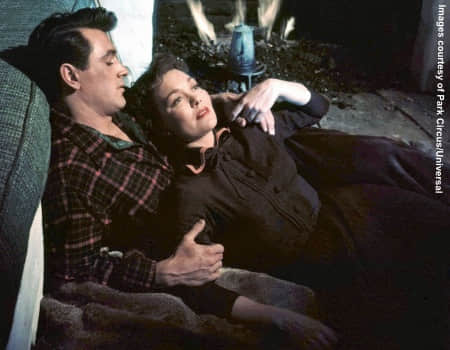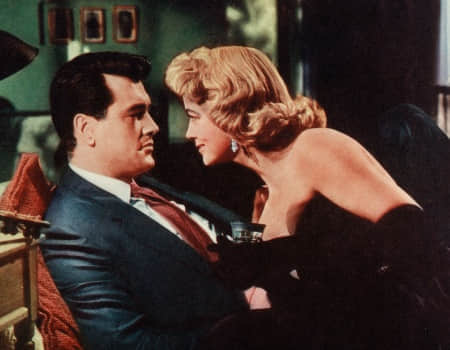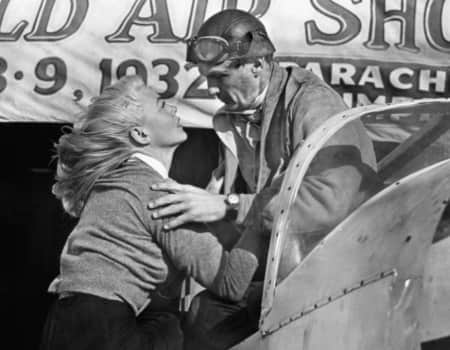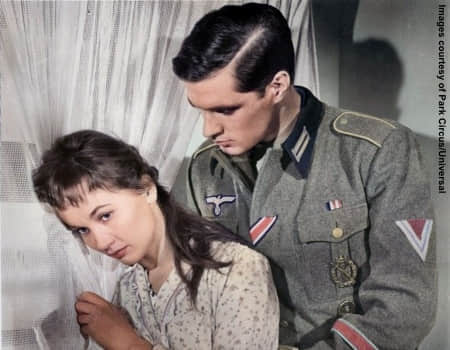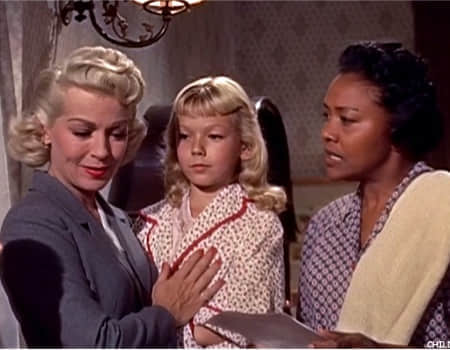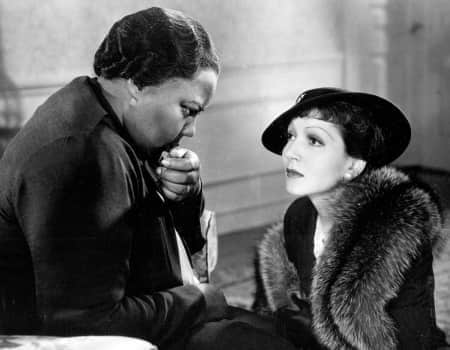Programme
To Sirk with Love, The Films of Douglas Sirk
One of classical Hollywood’s supreme stylists, Douglas Sirk raised the melodrama to an art form with his expressionist imagery and critical view of post-war America as an affluent society where – haunted by the fear of failure – private misery hid behind a facade of confidence. Appearances reign supreme in Sirk’s intensely optical cinema: characters are often trapped in mirror reflections, unable to free themselves from society’s gaze.
Sirk’s expressionism came from his German background: working with cinematographer Russell Metty – who remarked that they shot melodramas like film noir – Sirk created a blatantly artificial world full of dramatic, shadowy contrasts in lighting and filled with garish colours, in which the larger-than-life emotions of his characters reverberated within a hall of mirrors that was Sirk’s vision of image-obsessed America, where an individual’s authentic self was hopelessly lost.
Sirk straddled high and low culture effortlessly: he was equally at home adapting Faulkner or Remarque as he was working with popular fiction. Indeed, his artistry in utilizing the resources of pop culture – Rock Hudson as matinee idol, Frank Skinner’s kitsch music, and other forms of “bad taste” – to fashion his ironic view of America has endeared him as the godfather of camp to such later filmmakers influenced by his style as Fassbinder, Almodóvar, Todd Haynes, and John Waters.
Once misunderstood as cheap or vulgar, Sirk’s melodramas are now properly appreciated for both their hysterical excesses and subversively Freudian view of sexual repression in conservative, Eisenhowerera America, replete with outrageous phallic imagery critical of the period’s patriarchy.
